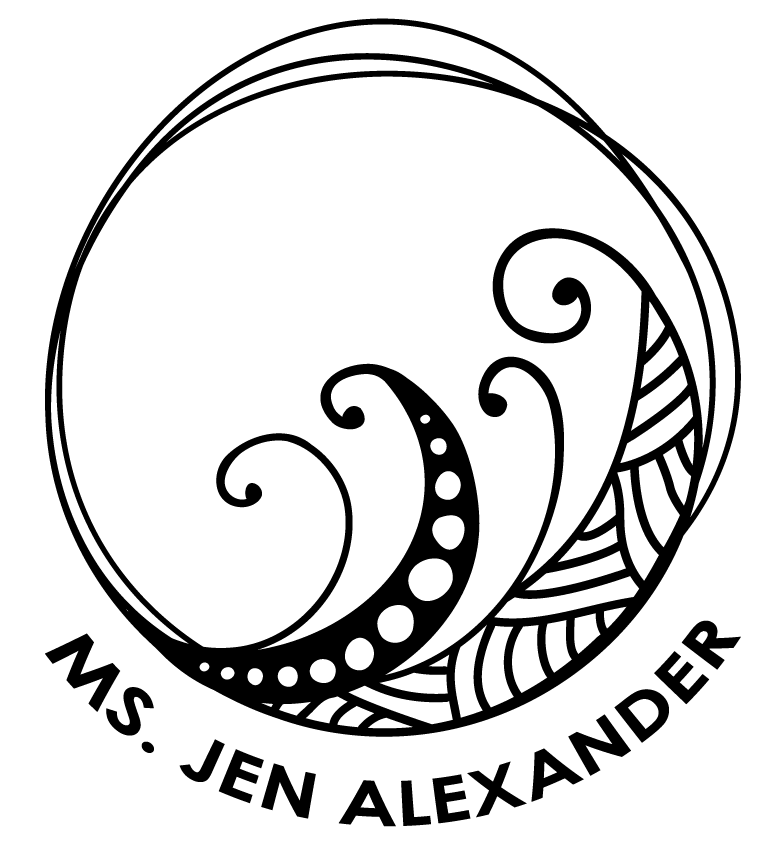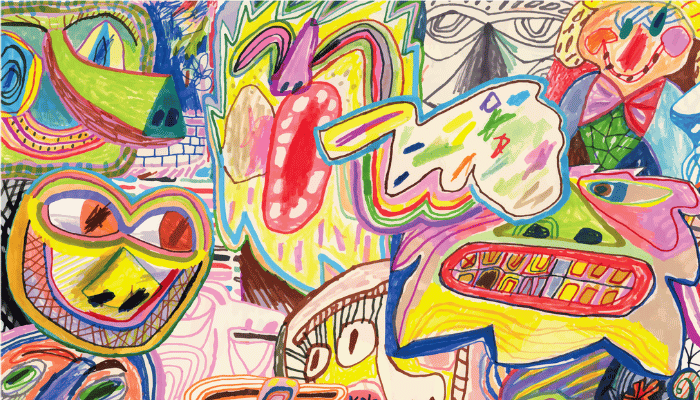James Taylor sums up a lot of life lessons in his songs—one of which is the importance of being a friend. Life’s painful for all of us sometimes (if not traumatic). While humans hurt one another, we also need each other to heal and grow. In this post, I explain how trauma-sensitive school relationships are similar to friendships but also different. I share that “you’ve got a friend in me” in this work too.
James Taylor and Needing One Another
My first concert was seeing James Taylor with my dad as a teen on the University of Iowa campus. I love music, and that live show rocked my world (as have so many other performers since then). J. T. sang “You’ve Got a Friend in Me” that night, including the words about how cold people can be—they’re capable of “hurting” or “deserting us,” even “taking our souls if we let them.” Then he urged us “not to let them” of course. For such an uplifting, friendly song, the painful risks of being human are right in the middle of it. How fitting because we have the capacity for great love and creativity next to (or even while enduring) incredible harm. Similarly, really awful stuff can be done to folks within connections that are supposed to be (or are still considered) caring. This paradox never ceases to move me.
There’s no way around it. People need the very beings who can (and do) cause harm. The practice of reading one another’s cues to figure out who’s a friend and who’s a foe—all while understanding that it can change in a moment—is a big deal then. Importantly, this must influence our understanding of youth and adults who may be experiencing big stress on and off our campuses. The conflict this generates also needs to guide our actions as we act individually and collectively to improve safety, connection, regulation, and learning for each and every learner—every single one.
Along the way, we need each other, and I want you to know that you’ve definitely “got a friend in me.”
"Along the way, we need each other, and I want you to know that you've definitely 'got a friend in me."
Ms. Jen Tweet
What Friendship Can Teach Us About Trauma-Sensitivity
In Building Trauma-Sensitive Schools, I wrote that trauma-sensitivity is practiced within a relationships-first culture that benefits learners and educators. While a focus on friendship is part of this work, not every relationship for educators is a friendship.
You should not be your students’ friends for instance. You’re a professional. An adult caregiver. Even if your learners are seventeen+, they’re still youth—children even—I assert. Remembering this helps ensure we don’t forget the developmental needs and vulnerabilities of our learners, and it reminds us of our responsibility to protect them while supporting their growth. While you’re a potential attachment figure for youth as an educator, you’re not their friend, and you’re not their family member either. They already have families, and they need them. Remembering this matters too and so does maintaining clear boundaries around your role.
All that said, there are qualities within healthy, reciprocal friendships that can encourage healing-centered relationships with youth and their families at school. These are things I strive for in my relationships with educators, and that’s true whether you’ve worked with me in-person or we’re solely connected online.
Here are just a few examples:
Educator relationships need to be empowering, meaning the point is to strengthen fellow educator, learner, and family power instead of taking it away. This doesn’t mean you can’t be a leader in your classroom or school. You need to be a caring leader, and healthy leaders share power. We must reckon honestly with the power structures within our educational systems then and change them when necessary. I’m relentless for school change, and I’m asking you to be too.
Connections marked by give-and-take are key. Importantly, giving and taking won’t necessarily be balanced in your educator relationships, and there are culturally relevant variances too. Unlike many healthy friendships, you’ll often be doing more giving than taking. Still, these relationships need give-and-take to be healthy. Ultimately, we can’t empower others if we’re doing all the work (and taking control of everything).
These connections require both nurture and challenge. Sometimes one or the other will be best, while the opposite will be required at other times. Or, more often, an intentionally scaffolded mix of both is most appropriate. If we challenge when people need nurture, we’ll overwhelm folks. If we nurture when individuals are ready for challenge, though, we’ll hold back growth. Obviously, it’s messy, nuanced, and changes moment-to-moment. Listening, listening more, practicing trauma-informed observational skills, and reflecting with colleagues or other thoughts partners are important, especially when any one of us (myself included) thinks we’ve got it all figured out on our own.
The work calls for a whole lot of boundaries. Boundaries around your feelings or needs and those of others’. Boundaries between what is and isn’t within your role and scope of expertise, but also, what you’re personally (and culturally) comfortable with (or not). Boundaries regarding what is helpful and unhelpful in supporting both individuals and entire communities of learners to reach their goals.
Relationship repair is what keeps us connected for the long haul. You don’t have to get it all right all the time. Rather, show up, be present, 100% as you are—mistakes and quirks included. Just be honest when what you do is unhelpful and be willing to learn from these experiences to make changes moving forward. It’s never fair to expect learners to work on themselves if you’re not actively working on yourself too. Note: We all have work to do on ourselves.
"It’s never fair to expect learners to work on themselves if you’re not actively working on yourself too."
Ms. Jen Tweet
To Learn More...
- If you’re a school leader who is ready to learn more about how to build trauma-sensitive learning environments in your school, district, county, or board, check out my new quick guide about trauma-sensitive leadership. It’s free and available for download from Brookes Publishing on my spotlight page.
- When you’re ready to explore how one of my keynote presentations or live trainings could help your educators improve health, attendance, behavior, and learning in your board, district, school, or organization, schedule a free twenty-minute conversation with me here.
- Looking for free bite-sized trauma-sensitive suggestions instead? I’m now on TikTok. Each video is focused on one question and a brief trauma-sensitive answer to that question. Please find me over there!
Helping you help kids,




